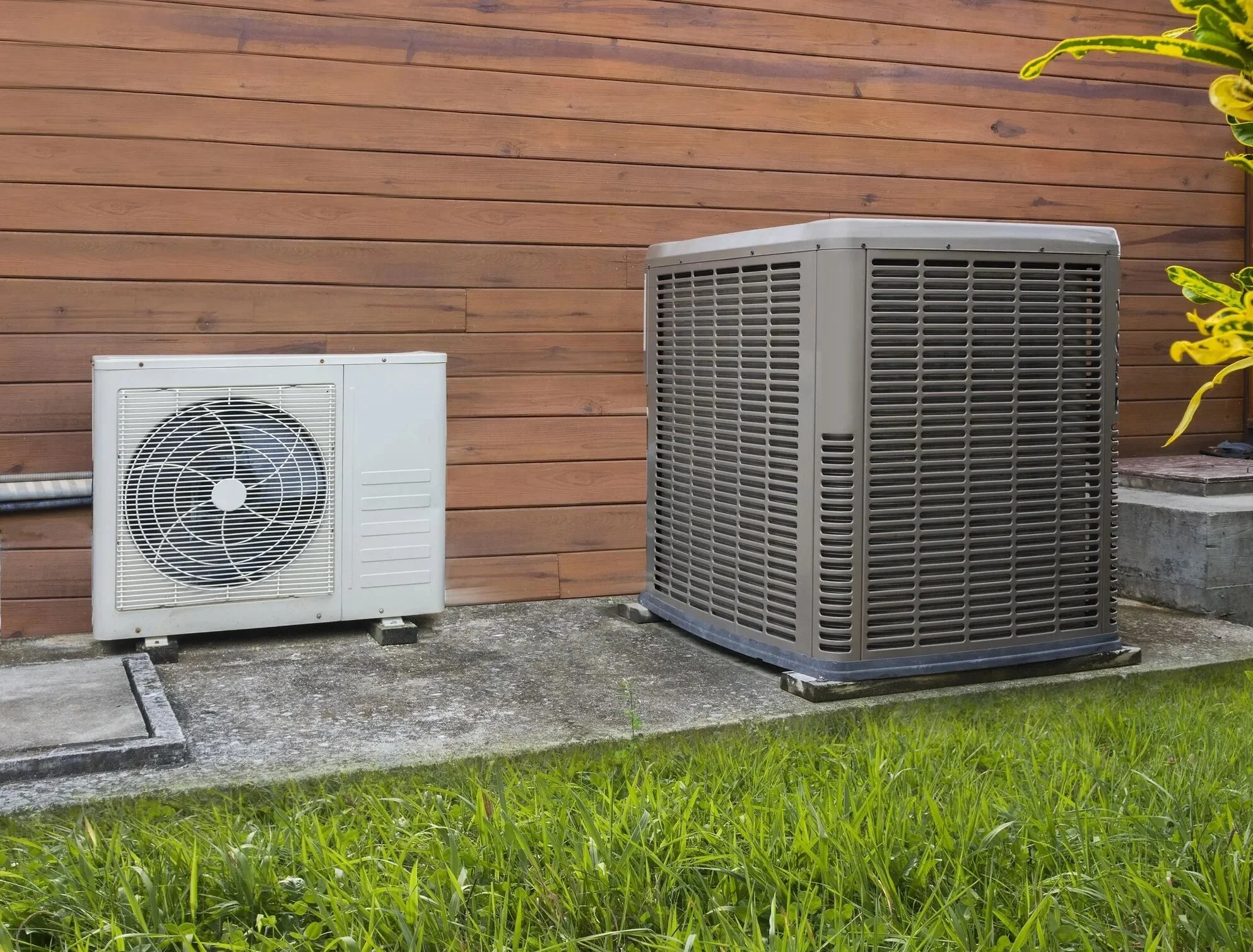Trusted Service Providers
Trusted Providers, Trusted Results:
The Best in the Business, Just for You.
As a Realtor® and OKC’s Realty Expert, my reputation is my business. Part of that reputation comes from the recommendations I give to friends and clients. By recommending someone, I put my reputation and my business in their hands. Because of that, I hold those that I recommend to the same high standards to which I hold myself. I never recommend anyone I wouldn’t gladly use myself.
I NEVER take a referral fee from anyone I recommend. You cannot buy your way onto my Trusted Service Providers list.
When navigating the home buying process and homeownership, partnering with trusted and vetted service providers is crucial. From lenders and home inspectors to handymen, septic services, plumbing, and electricians, working with reliable professionals ensures that every aspect of your home is handled with care and expertise. These experts not only help prevent potential issues but also make your journey smoother and more enjoyable. By choosing seasoned professionals, you can rest easy knowing that your new home is in good hands, and focus on making it truly yours.
A trusted lender is one of the most important steps when buying a new home. A reliable lender can guide you through the mortgage process, offer competitive rates, and ensure that you understand every detail of your loan agreement.
A trusted foundation company is vital when buying a new home or maintaining your current one. The foundation is the backbone of your home, and any issues can lead to significant structural problems. A reputable foundation company will have the expertise to assess, repair, or reinforce your foundation, ensuring long-term stability.
A trusted home inspector is crucial when buying a new home. A thorough and experienced inspector can identify potential issues that might not be visible to the untrained eye, giving you peace of mind about your investment.
A trusted heat and air company is crucial in maintaining your home. Your heating and cooling system is essential for comfort and energy efficiency, so it's important to work with a company that is reliable, experienced, and highly rated.
A trusted pest control company is an essential step when buying a new home or maintain a pest-free home once you’ve moved in. A reputable company can thoroughly inspect the property for signs of pests that could lead to significant damage or health issues if left unchecked, and treat your home using safe, effective methods.
A trusted roofing company is your safeguard in maintaining the integrity of your home. They provide comprehensive evaluations and quality repairs, identifying potential issues that could lead to significant damage or costly repairs down the line. With a reliable roofing partner, you can rest easy knowing that your home is protected from the elements and remains a safe haven for you and your family.
Needing a recommendation for something not on the list?
Ask away!
New resources, recommendations, and materials are being added to the site all the time, and chances are, what you’re looking for just hasn’t been added yet.






